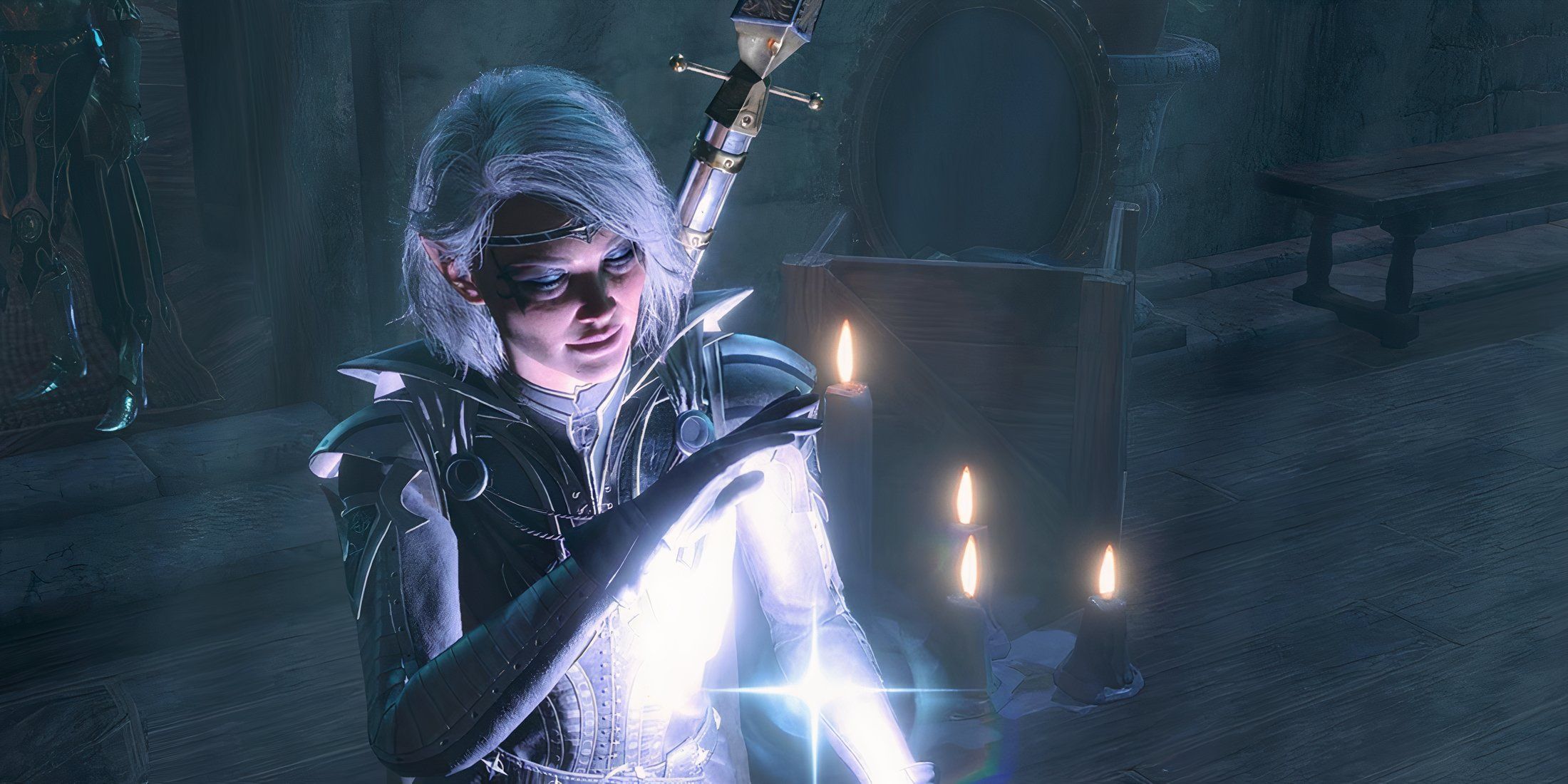
BALDUR'S GATE 3 MAKES THE MOST OF A CONTROVERSIAL ASPECT OF D&D 5E
Baldur's Gate 3 attributes its success to many things, but at the heart of all of that is its ability to make Dungeons and Dragons, what it’s based on, accessible to gamers. From streamlined combat rules to roleplay potential, Baldur's Gate 3 truly lives up to what fantasy nerds love most about the tabletop RPG — including its magic.
In the TTRPG sphere, a loud few have criticized D&D 5e for being too magic-heavy, and the upcoming changes to the Player’s Handbook support that. BG3, however, expertly uses magic in a way that is much more empowering than it can be at the game table.
Baldur's Gate 3's Approach to Magic Items is a Double-Edged Sword
In hindsight, Baldurs Gate 3s overly generous loot economy is a nice problem to have, though it highlights a common balancing dilemma in games.
BG3 Leans Into D&D 5es Magic Focus
Baldurs Gate Has Mastered its Magic Item Approach
With increasingly magic-focused Dungeons and Dragons, spellcasters can be much stronger than martial characters, or some of the best martial classes are good only due to their magic. At the very least, casters tend to have more utility and aren’t often boxed into one playstyle. It might sometimes feel that players who don’t wish to use it feel left out or forgotten. Even worse, it can make full casters, like the beloved D&D wizard class, feel less special when so many builds center around magic use. Baldur’s Gate 3 offered solutions for this.
Throughout their adventure, BG3 players get access to a large array of magical equipment for all classes, but martial classes are especially spoiled with weapons and armor. BG3’s rings and amulets provide additional boosts, for which each player has three slots. Both spell scrolls and potions are remarkably abundant, and free to use for all.
When each player has such casual access, all of them will be able to take a mechanic known for its immense power and use it, as opposed to getting bogged down by selective, magic-favoring world-building. Where martial classes are lacking, BG3’s equipment more than makes up for it, and it makes for a gratifying gaming experience overall.
Larians Forgotten Realms Strikes Arcane Balance
Baldur's Gate 3 seems to master the balance between too much and too little magic. It does not want to oversaturate its game, making the loot feel hard-earned and the setting feel like a complex high fantasy where not everyone is an experienced caster. Even if a region has talented friends and foes scaling alongside the player, it doesn’t encounter the D&D 5e complaint that there’s no use in the mundane when high-level magic exists so frequently. But the variety of loot in BG3 still makes it so that anyone can enjoy magic, and usage can be refined to a player’s taste.
Baldur's Gate also curiously and generously employs experience points, which many modern and homebrew 5e games have moved away from in their leveling systems. Yet in earlier versions of D&D, getting loot itself would grant experience as a part of dungeon-delving, and the same applies to Baldur's Gate. Therefore, to not only use its magic but actively seek it out is deeply rewarding as BG3 returns to the TTRPG's roots.
All of these features advance the larger goal of accessibility. If D&D 5e leans too heavily into magic or away from it, it can sometimes cease to feel like a properly balanced fantasy game, and D&D's current magic focus is a controversial topic. But, of the many things Baldur's Gate 3 does right, its understanding of how to distribute its treasure, how to balance the game, and how to make the player, regardless of their magical leaning, feel special are positively unmatched.
2024-09-07T02:31:39Z dg43tfdfdgfd